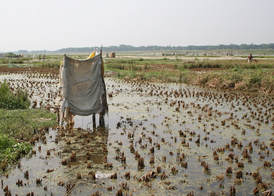
As we celebrate World Toilet Day on November 19, it is sobering to realise that 4.5 billion people - that's six out of 10 people in the world today - lack safely managed sanitation, especially in rural areas, according to WHO and UNICEF.
What do we mean by 'safely managed' sanitation? We mean about toilets where human waste – poo – is safely disposed of; i.e. kept away from contact with us or our drinking water.
WHO and UNICEF together run the Joint Monitoring Programme (JMP), which assesses the world's progress on water, sanitation and hygiene. Its recent report, Progress on drinking water, sanitation and hygiene: 2017 update and Sustainable Development Goal baselines, says that of the 4.5 billion people who do not have safely managed sanitation, 2.3 billion still do not even have basic sanitation services.
This includes 600 million people who share a toilet or latrine with other households, and 892 million people – mostly in rural areas – who defecate in the open. As a result 361,000 children under the age of five die every year due to diarrhoea. Poor sanitation and contaminated water are also linked to transmission of diseases such as cholera, dysentery, hepatitis A and typhoid.
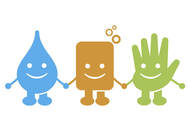
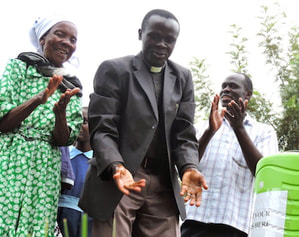
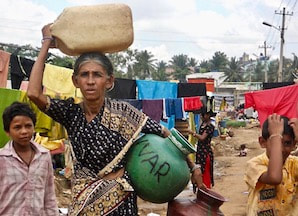
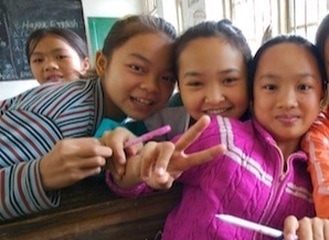
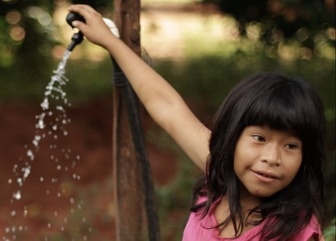
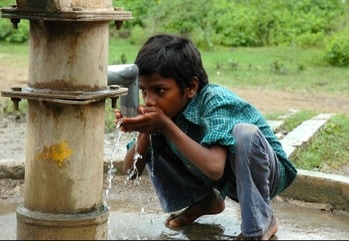
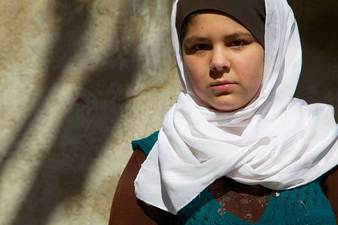
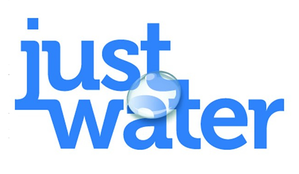
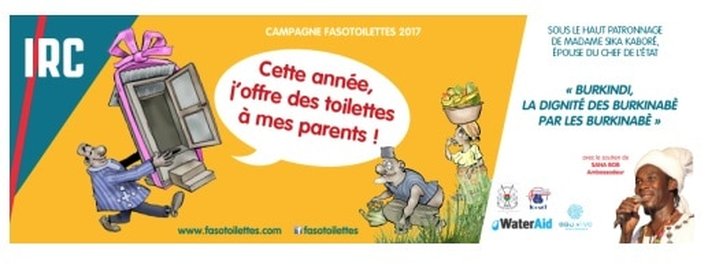
 RSS Feed
RSS Feed
